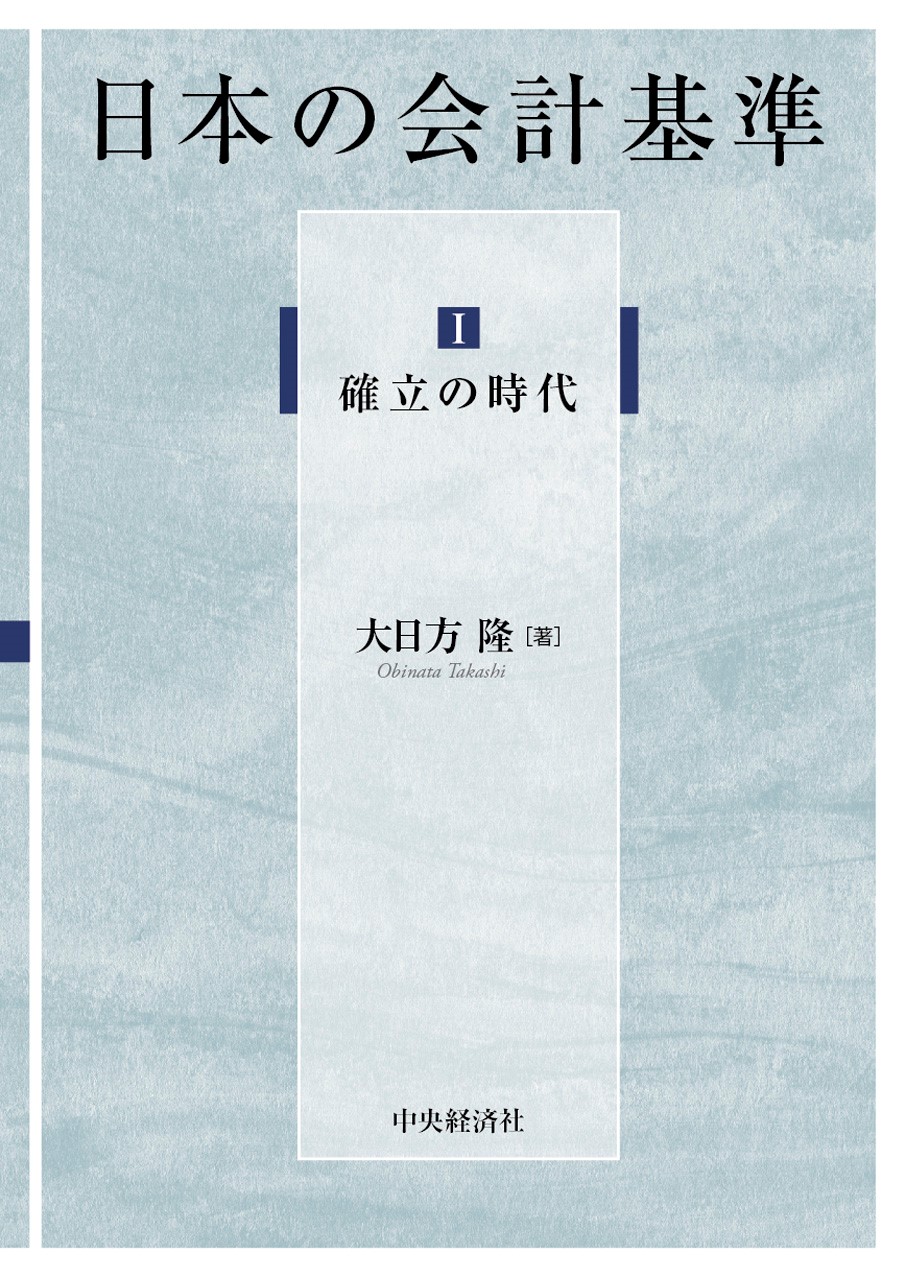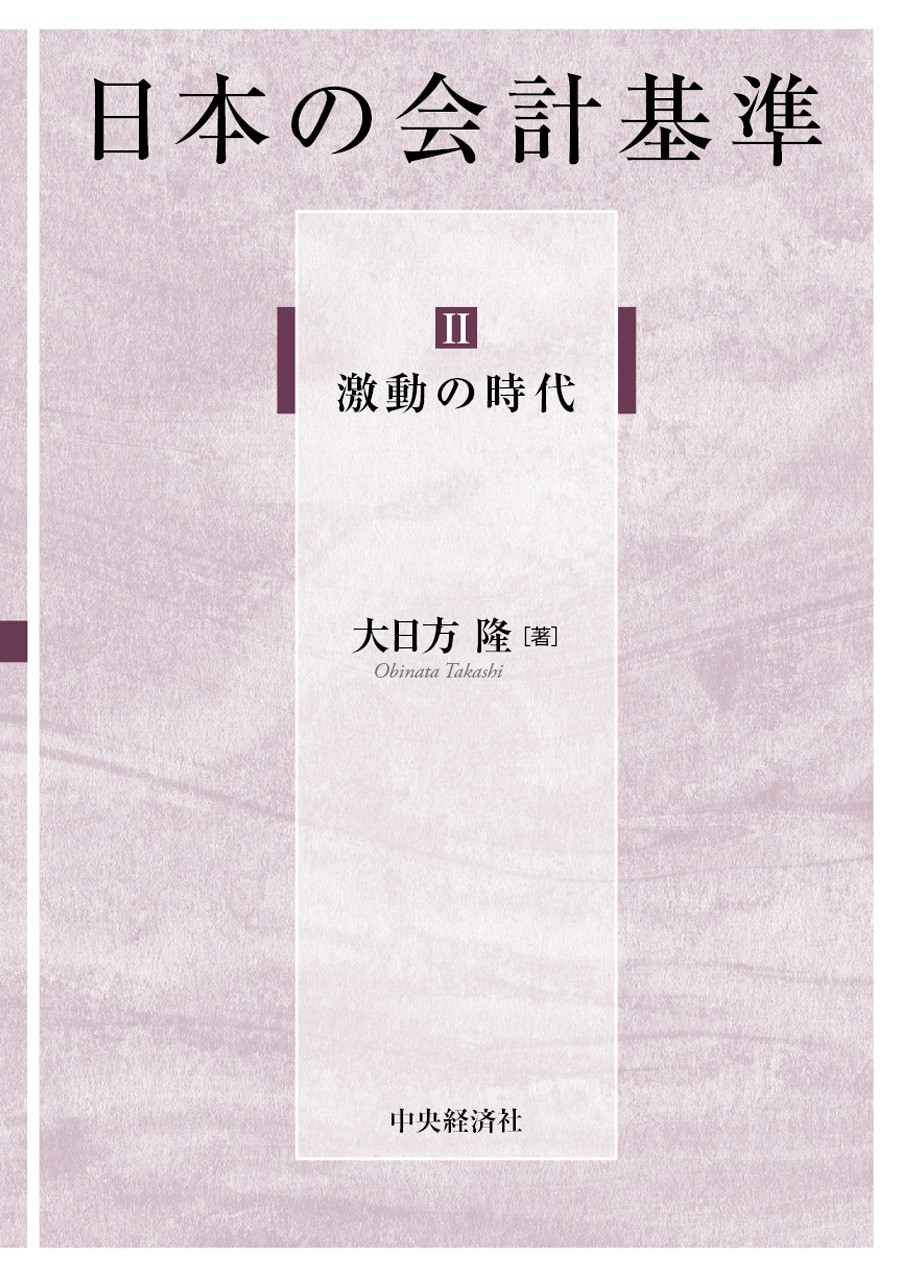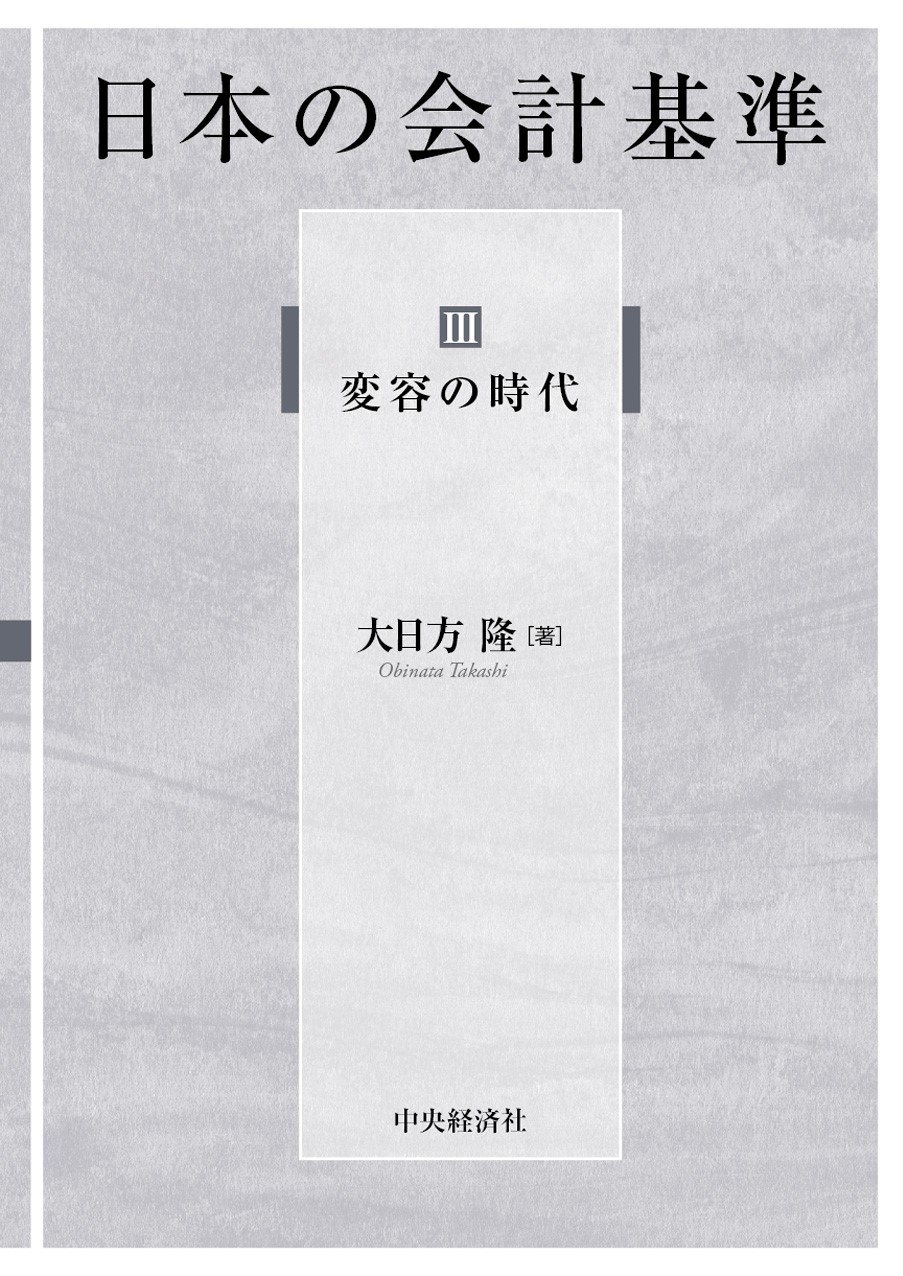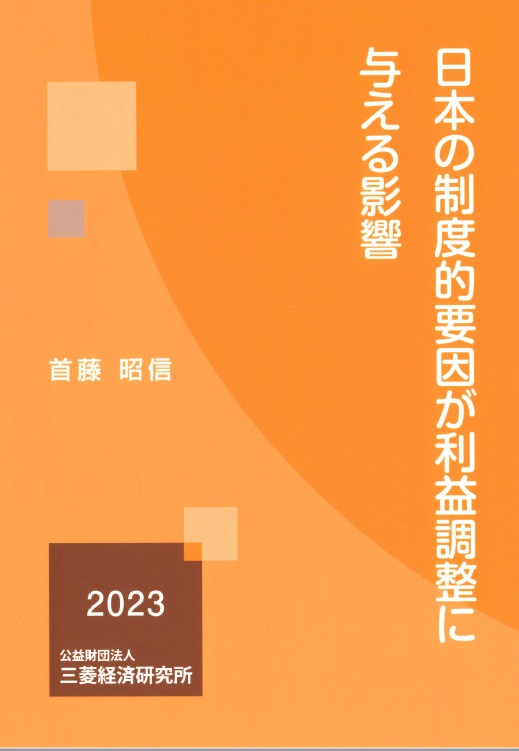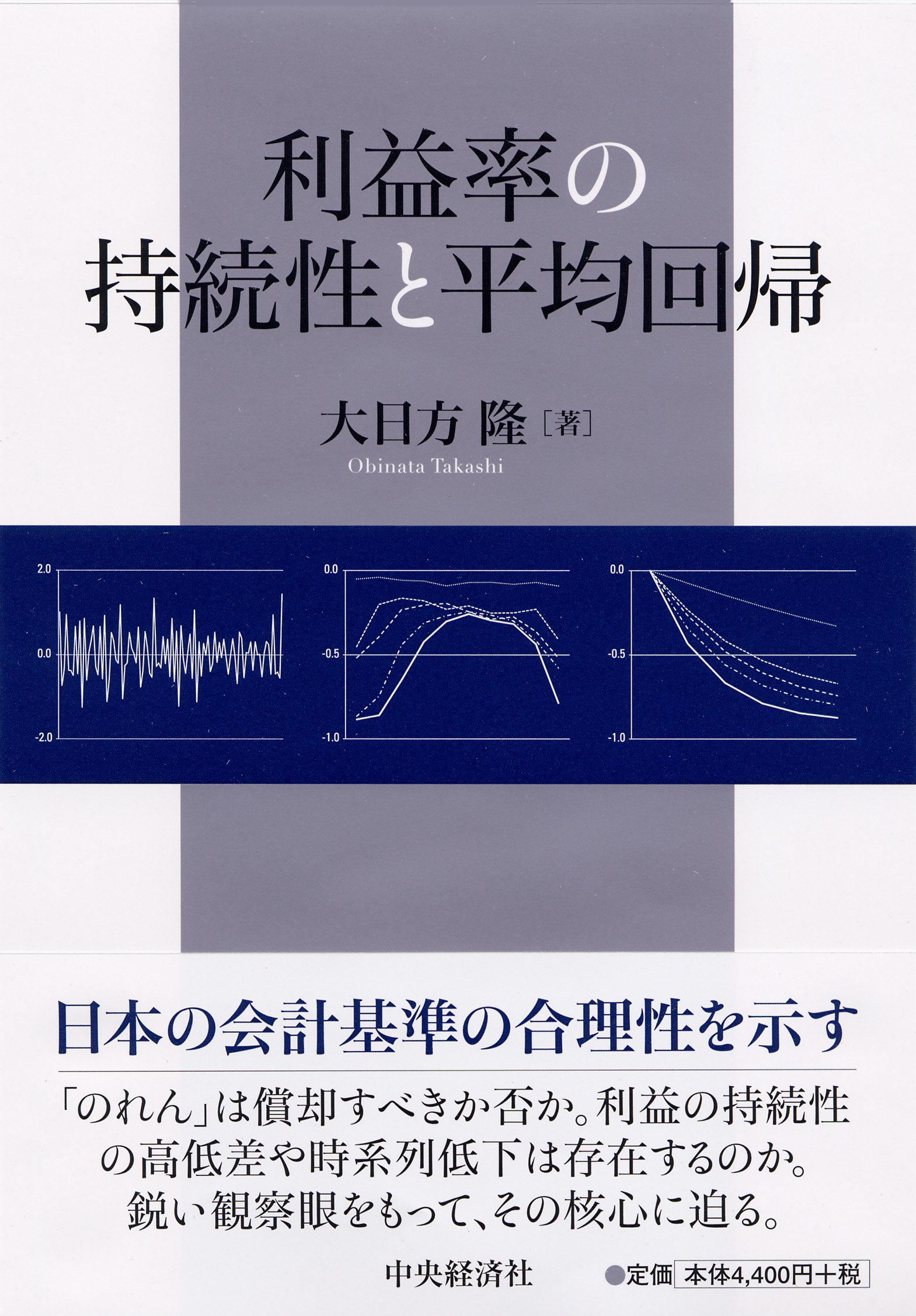
Title
Riekiritsu no Jizokusei to Heikinkaiki (The Sustainability of the Profit rate and the Average Regression)
Size
352 pages, A5 format
Language
Japanese
Released
March 12, 2013
ISBN
978-4-502-47580-1
Published by
CHUOKEIZAI-SHA, Inc.
Book Info
See Book Availability at Library
Japanese Page
This book empirically demonstrates three points. First, the profit ratios of firms tend to revert to average industry levels (mean or median values). Therefore, amortization of goodwill on a regular basis has a rational ground. Second, there are differences in the persistence of the profit ratio for each stage of multistage income (gross sales margin, operating profits, ordinary income, income before tax, and net income). Therefore, the stepwise calculation and disclosure of Japanese profit and loss statements are reasonable. Third, if the reverting speed of the profit ratio is controlled, the persistence of the profit ratio is not declining historically. Therefore, one cannot say that, on the basis of the decrease in the persistence of profit ratio, the traditional accounting model is obsolete.
This book has critical implications for both empirical and theoretical researches. Paying careful attention to the selection of the sample, variables, model structure, the robust tests, and estimation methods, this book presents an elaborate series of multi-faceted and multi-tiered analyses on large-scale panel data. The repeated analysis, intended to increase “plausibility” of the hypothesis, draws a sharp contrast against “pool regression analysis” so often seen in previous empirical accounting studies. This book, undertaking an empirical analysis of the historical trends in profit ratios, is based on the thought that the debates surrounding amortization of goodwill should be based on empirical facts. The analyses in this book provide an integrated, highly dimensional look at both theoretical reviews and empirical analyses found in researches that seek to tackle goodwill amortization. This kind of integration is heretofore unseen in the theory-dominated field of accounting research in Japan.
Accounting information affects stock prices, thereby affecting the allocation of resources. The question of what kind of accounting information should be disclosed is a critical issue, which determines resource allocation globally. Accounting information is provided in conformity with accounting standards, which means that the question of what information to be included or prohibited is an important global issue. Despite its critical nature, recent debates on formulation of international accounting standards are dominated by nonscientific claims, what is called “myth and legend.” Primarily, the macro accounting policy should be made based on the “credible evidence” provided by a scientific and rational analysis of empirical data. This is known as an “evidence-based approach.” The primary motivation behind this book is to assert the importance of such an evidence-based approach.
The second motivation in this study is to demonstrate what a correct empirical analysis is. Recently, within the field of empirical accounting research, large numbers of papers based on inaccurate analytical methodology, which adopt wrong methods from the view of statistics and econometrics, are being published. Above and beyond the pros and cons, conclusions drawn from incorrect methodology have no academic merit. In this book, great care has been taken to adopt the appropriate analytical methodology. Thus, this book strongly iterates that, even if it is a long and winding road, one should learn the appropriate methodology for data analysis.
(Written by Takashi Obinata, Professor, Graduate School of Economics / 2017)



 Find a book
Find a book


